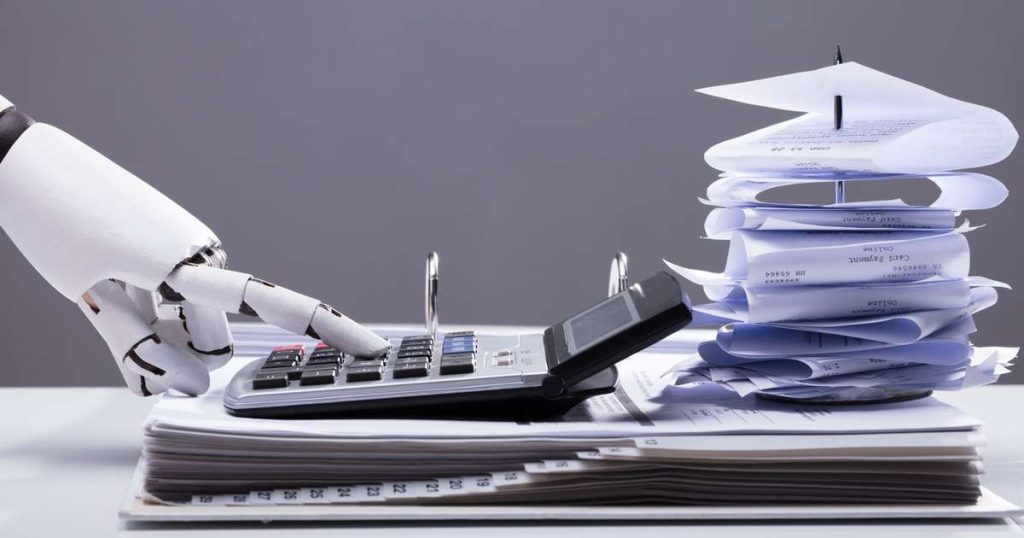Much has been written about the potential of AI in hospitality—particularly its promise to enhance the customer journey, reduce operational costs, and mitigate staff shortages. Yet, when viewed from a broader perspective, one could argue that AI may ultimately become the sector’s most powerful growth driver—but not necessarily in the way most anticipate. And the path toward this opportunity may be quite turbulent.
The immediate applications of AI within hospitality are already compelling. Customer service, for instance, can be dramatically improved at a fraction of the cost through AI-driven help desks. Another emerging—though not yet widespread—example is AI acting as a personal travel agent. In such a scenario, a traveler simply communicates their preferences and dates, and the AI organizes everything: flights, hotels, tours, even visa arrangements. While full automation of this process is not yet possible across all destinations, the potential is obvious (and threatening to online travel agencies!). Marketing is another fertile ground. A restaurant, for example, could use AI to forecast demand, tailor its menu, and dynamically adjust pricing. AI can also create and manage advertising campaigns, identify promising products or services, and optimize locations.
The finance department stands to be transformed as well: AI can prepare financial and ESG statements, build budgets, file taxes, draft offering documents, create prospectuses, and even navigate subsidy applications. Legal teams can harness AI to draft contracts that require only a final human review, while litigation defense can be prepared faster and more comprehensively—though the same advantage applies to opposing counsel. The list of possibilities seems endless.
Of course, such scenarios are not limited to hospitality; they echo across many industries. But AI also accelerates a deeper, long-standing societal trend: the dilution of human connection.
Technological shifts such as the internet and smartphones have already reshaped not just how, but also why, when, and in what ways people interact. Increasingly, humans spend their time on screens, often at the expense of authentic personal connections. AI now threatens to supercharge this trajectory—yet paradoxically, it may also drive people back toward one another.
Here’s why.
As AI begins to compose music, write scripts and novels, generate news and opinion pieces, and flood social platforms with synthetic content, people will struggle to believe or relate to what they encounter. With AI permeating nearly every aspect of daily life, it is not unreasonable to expect a counterreaction. The more society becomes mediated by AI, the more individuals will crave authenticity, truth, and genuine human contact. In short, people will begin to value people again.
How might this manifest? The most plausible outcome is the rise of smaller communities or “tribes” organized around shared interests and beliefs—sports, art, music, religion, charity, environmentalism, self-development, and more. Within these groups, members will seek experiences that foster both human connection and personal meaning.
This is precisely where hospitality can shine. Restaurants and bars may regain their historical role as vital centers of society. Hotels, tour operators, and related businesses will act as facilitators—connecting tribes across borders and curating experiences that nurture human bonds. In this way, hospitality can become a kind of cultural anchor, helping humanity preserve meaning in an AI-saturated world. The potential market is therefore enormous.
Still, the journey toward this vision may be difficult. The disruptive force of AI is already evident in the labor market. According to a recent study by Allianz Trade, as many as 60% of white-collar jobs in the Netherlands could be displaced within five years. While the Dutch economy has its own peculiarities, it is reasonable to expect significant upheaval across all developed nations.
Disruption is not new—industrialization, for instance, reshaped economies before—but the sheer speed of today’s change is unprecedented. The pace of AI advancement is likely to outstrip many workers’ ability to adapt.
In this sense, AI deserves its reputation as the most disruptive technology ever created. As MIT professor Max Tegmark explains in Life 3.0: Being Human in the Age of Artificial Intelligence, when one AI learns, all AIs learn; they retain knowledge indefinitely, constantly building upon it, and reinventing themselves in rapid cycles. Humans evolve over decades; AI evolves daily.
How societies adapt remains uncertain. AI may solve long-standing productivity challenges, yet the displacement of human labor could drag on economies in the short and medium term. Whether new jobs emerge at pace, or policies such as universal basic income are implemented, will determine how quickly hospitality can fully seize AI-driven opportunities. In the meantime, however, the industry may face a weakened customer base and diminished demand.
In short, the sweet may well follow—but only after a period of considerable sourness.
Alexander Sassen
Lecturer Finance & ESG, Hotelschool The Hague
Hotelschool The Hague

